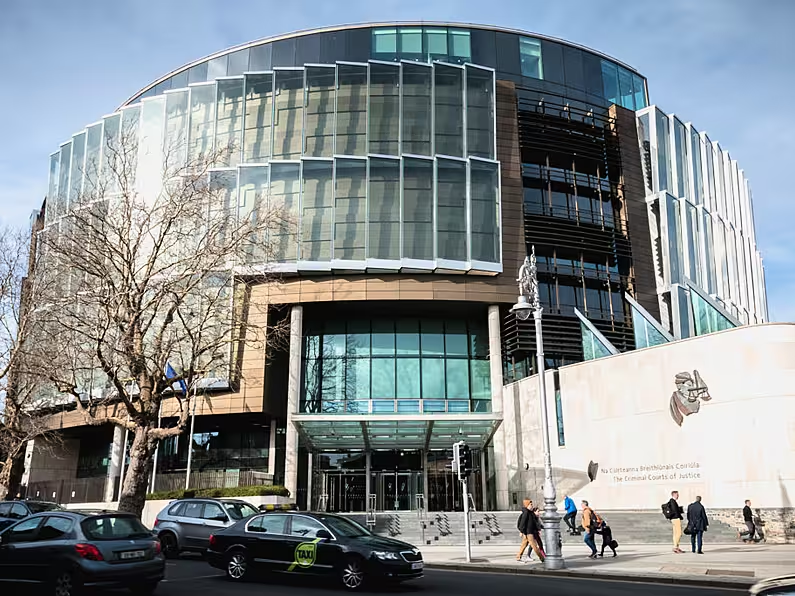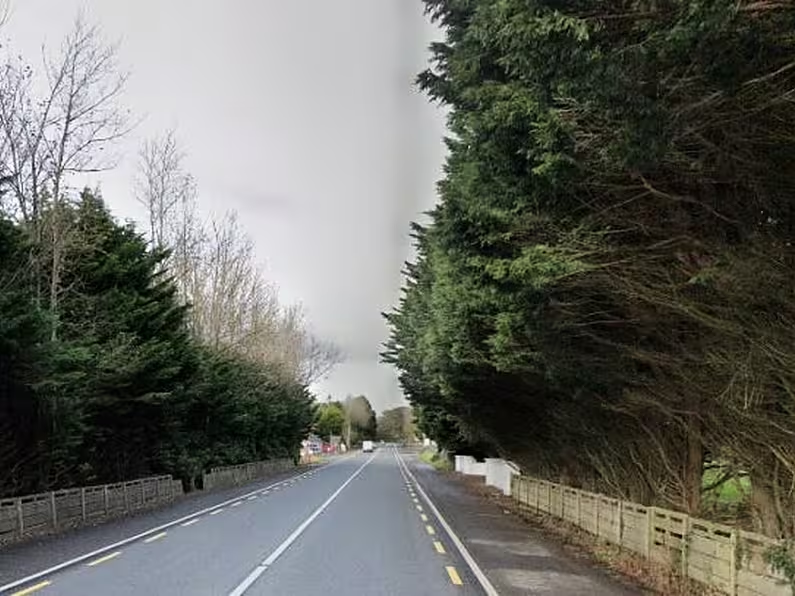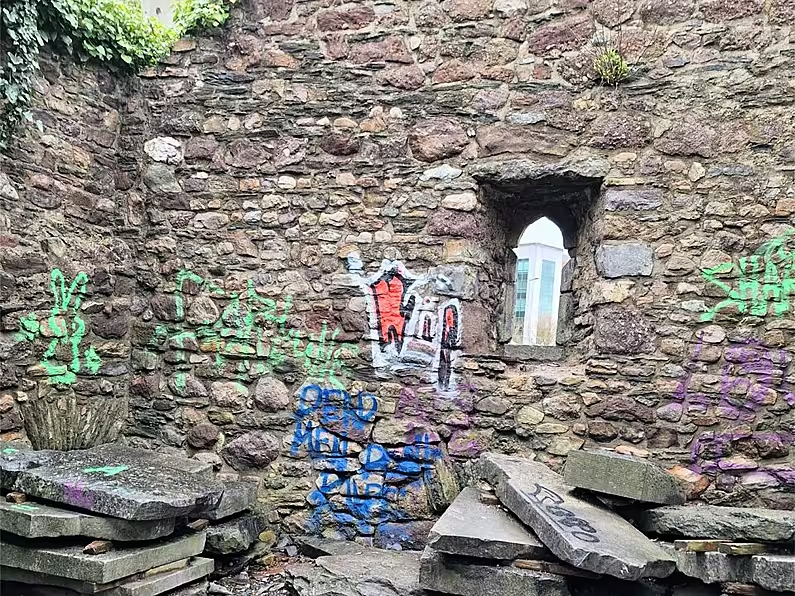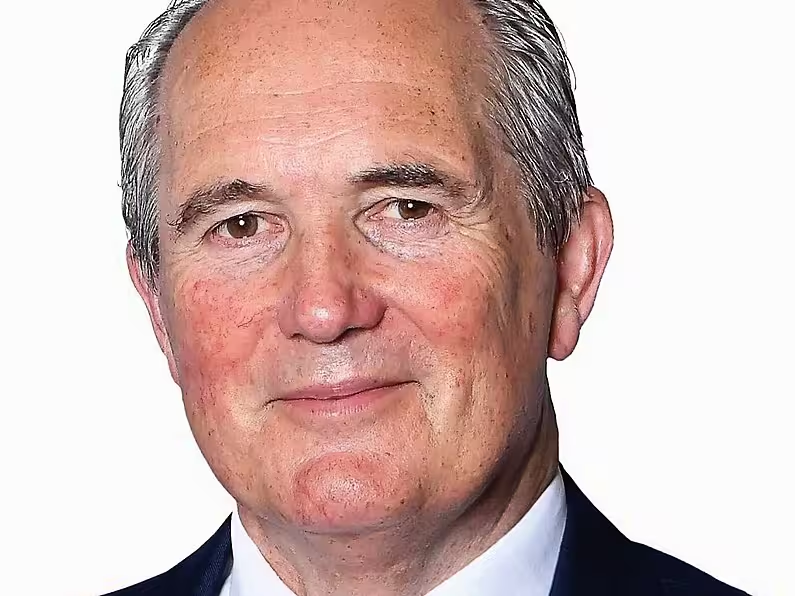Tom Tuite
A woman has been sent forward for trial to the circuit court in Dublin accused of sharing the identity of a boy convicted of murdering a teenage girl.
The boy and another youth convicted of the same offence were juveniles and have the legal right to anonymity. The murdered teenage girl cannot currently be named either.
Hazel Fitzpatrick, a 25-year-old mother-of-two, with an address at Easton Green, Leixlip, Co. Kildare, appeared at Dublin District Court today and was served with a book of evidence by the prosecution.
The Director of Public Prosecutions (DPP) consented to her being returned for trial to the Dublin Circuit Criminal Court, which can impose jail terms of up to three years.
Judge Anthony Halpin granted the order and told the accused her case would go before the Circuit Court in July.
He agreed to grant defence solicitor Michael French’s application for legal aid for Ms Fitzpatrick. It includes representation of junior and senior counsel given the complex nature of the case.
Mr French said the case related to an allegation of sharing of images of the boys. He also submitted that this legislation was rarely invoked.
It was alleged she posted text and pictures on Facebook, Garda Eamonn O’Neill had told the court earlier. The post allegedly read: “name and shame the c**ts, justice served, they should not be allowed see light again, two sickos, everyone should see who they are”.
She was one of 10 people brought before Dublin District Court accused of breaking the anonymity provisions of the Children Act by illegally sharing images or naming the two boys.
Leeanda Farrelly, 27, of Kilmartin Avenue, Tallaght, allegedly posted an image of one of the killers on Facebook. The court was told the Facebook post also stated, “These are the two scum who murdered poor little girl X [the news media cannot identify her], I hope they get karma soon. They will get new names like the scum who killed Jamie Bulger”.
She is to be served with a book of evidence next week.
The remaining defendants, six men and two other women, all from Dublin, are to appear at the district court in July. They are also to be served with books of evidence and to have their cases transferred to the circuit court.
Jurisdiction
At the outset of the proceedings in October, the DPP had recommended summary disposal of the cases in the district court, and jurisdiction was accepted by Judge Brian O’Shea.
However, in December, Judge John Hughes, then presiding, ruled that the 10 cases were unfit to be heard at that level, where the maximum sentence is 12 months.
Four of the defendants have since brought judicial review proceedings over the trial venue decision.
Section 93 of the Children Act states that no report shall be published or included in a broadcast which reveals the name, address or school of any child concerned in the proceedings or includes any particulars likely to lead to the identification of any child concerned in the proceedings.
Reporting restrictions
At the teenagers’ appearances at the Children’s Court in Dublin, the news media was reminded of the reporting restrictions.
The judge there had also warned social media users they would face prosecution if they identified the boys. That order continued and was reiterated throughout the trial in the Central Criminal Court.
Dublin District Court was told that in the days after the boys were convicted, a number of posts online breached the court orders and the Children Act.
A Court of Appeal ruling last year held that the anonymity provisions of the Children Act also applied to child victims in fatal offences.
An amendment to allow murdered kids to be named once again comes into effect on Friday.












